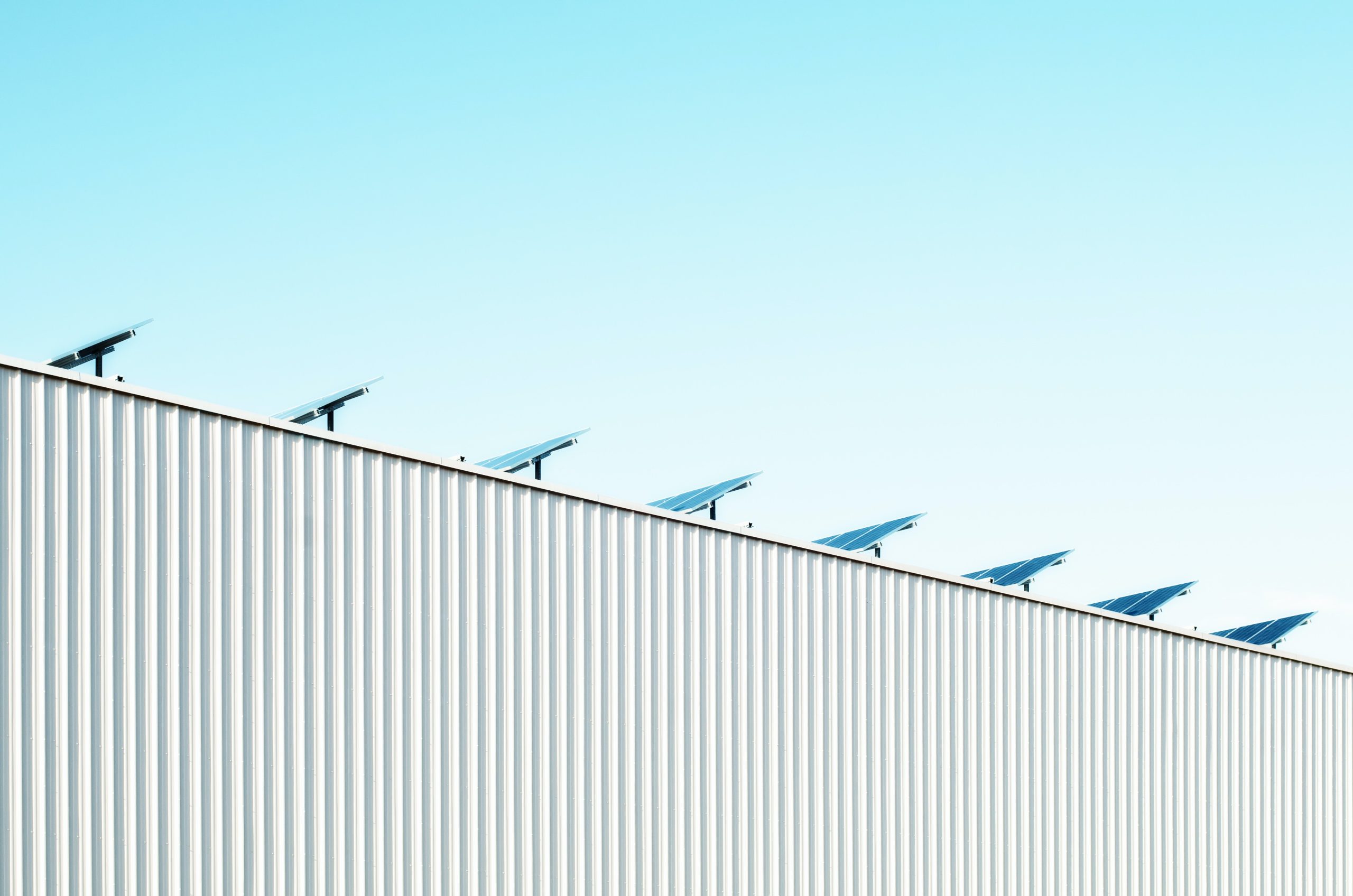I think why? We did all that first before considering the living space, future ready with removal of gas, induction cooking, solar, heat pump water and soon to come battery. Our solar will have paid for itself in a few years, and it's way more impactful for climate than an EV, I was considering doing the EV conversion or getting solar and it was a pretty big difference in co2 savings.
Thanks Scotty, appreciate your thoughts.
No solar is a directive from Mrs Tubbsy, whose work relates to emissions/environmental stuff. Her opinion is that individual solar installations are not the most environmentally friendly option in Canberra's current situation where we have a lot of renewables through the grid, and currently limited capacity for individuals to feed much of their unused capacity back into the grid.
You can bash heads with her at the housewarming haha, she's not for turning.
Also, it's a flat roof house in a kind of modernist style, so they'd need to be installed at a relatively shallow angle so as to be unseen from the garden.
In terms of the EV, not rushing out to save the environment by buying a brand new car, just trying to be reasonably future-proof with decisions now while the house is being gutted. Car decisions will be a fair way down the track.
Correct on the 3 phase, there are EV chargers that run on 32 amp single phase so not any real benefit to the 3 phase and a cost you don't need.
I am not seeing much benefit to adding a charger, we drive 30km a day which is ~3 hours on the wall socket. It's super rare that you will travel 400km to your home and be on a very low range, then need to travel again more than 30km within a few hours. If you were in that situation you'd detour via a superhcarger. Overnight you will put > 100km range on from a stock wall socket which meets the majority of people's daily needs.
Agree on your use case scenarios.
Just to clarify here, you can charge an EV from a regular wall socket, or a 32amp socket (is that a thing?), or a charger box that you install? The impression I got was EV people all get the charging boxes installed - so a charger is not important?
I think a portable charger is a better investment,
buy this, add a 32 amp single phase at home and have stacks of options for travelling so if you rock up to a caravan park or showground with 3 phase you can get the maximum charge rate out of it.
What I want is DC to DC charging from a home pack to a car pack, so if the situation did arise where I needed range here now at home, I could dump x kWh into the car quickly.
Here's a good article on home charging from the EV charger peeps:
This is an important argument and one that has merits on either side. Firstly, the average EV battery is a tesla is greater than 70kW while most home systems range from 5-10kW.

evse.com.au
OK, looks like some reading to do.



